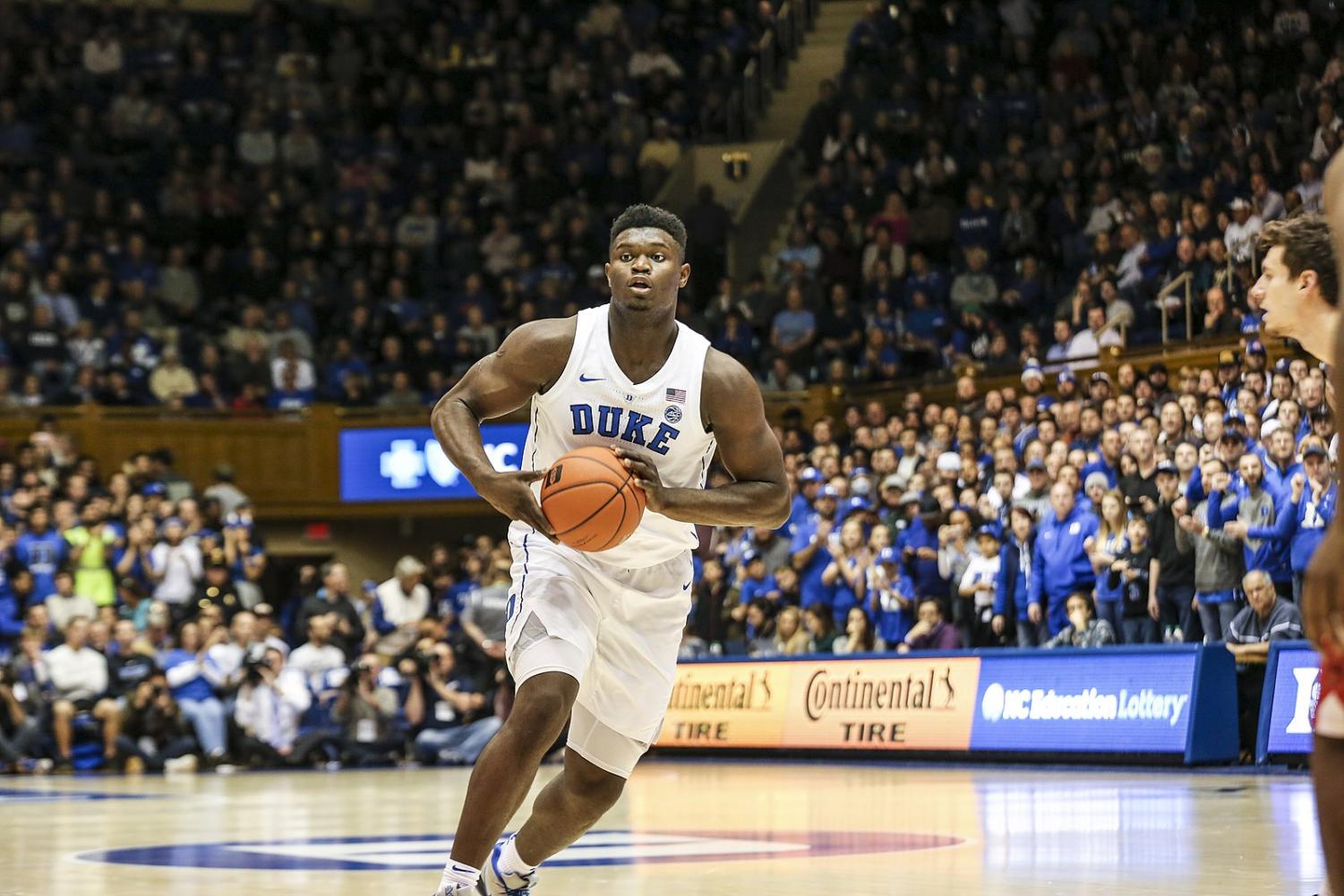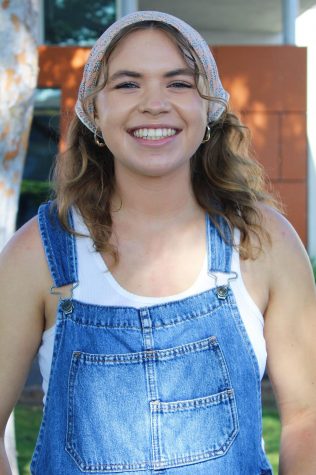“This law is a GAME CHANGER,” wrote Lebron James in a Twitter response to the Fair Pay to Play Act proposed by California Sen. Nancy Skinner. The bill would allow college athletes at California colleges to earn money from the use of their names, images and likeness for promotional purposes. On Sept. 18, the bill passed in the state legislature and is now pending either a signature or veto from Gov. Gavin Newsom, according to the Los Angeles Times.
However, in response to legislature passing the bill, the NCAA sent a letter to Newsom that said the bill would rid the critical difference between college and professional athletics. The NCAA called the bill “harmful” and “unconstitutional,” according to the Los Angeles Times.
In the 2016-2017 year, the NCAA made $1.06 billion in revenue and the association gave back $560.3 million of its profits to the 1,100 colleges in all three of its divisions, according to ESPN. However, the student athletes whom colleges use to promote their sporting events did not receive any compensation.
There would be no game to watch without student athletes. Without students’ athletic talent and promotion of these athletes, the NCAA and colleges would not be making millions of dollars in profit from athletics. It is time that student athletes are compensated for the income that they bring to their universities.
SECURITY FOR COLLEGE ATHLETES
In February of 2019, Zion Williamson—one of Duke’s most talented basketball players—sprained his right knee when his Nike shoe broke apart while pivoting in the first minute of a game against North Carolina, one month before Duke’s conference tournament in the NCAA tournament. This was the first year Williamson would have been able to enter the NBA draft. When he walked off the court, he faced whether or not he wanted to risk injury on a college team or play professionally. Duke did not compensate Williamson, besides giving him a scholarship for study. Williamson continued playing for the Blue Devils after healing, but the injury sparked discussion about whether or not student athletes should be paid.
College athletics is a billion-dollar industry. According to the New York Times, tickets for the North Carolina-Duke game were being offered on secondary markets for up to $2,000. Duke and other universities, the NCAA, television networks and athletic brands, such as Nike, are making millions of dollars in profit from athletes like Williamson. However, the athletes themselves never see this money. Instead, they risk injury for a school that does not compensate them for the profit they bring to the university.
CONSEQUENCES FOR UNDERCOMPENSATION
By neglecting to pay college athletes, the NCAA opens the door for college athletes to seek compensation in other ways. According to CBS Sports, in April of 2019, an FBI witness testified that he paid college football athletes at major programs such as Alabama, Notre Dame, Michigan and Penn State between 2000 and 2014.
There is an obvious gap between the amount of money that universities, athletic companies and television networks featuring college athletes receive and the inability of college students to receive compensation. If universities compensated athletes for the revenue that they bring, they would not feel obligated to take under-the-counter money. By compensating athletes, the NCAA would not experience as much corruption within college athletics.
THE FAIR PAY TO PLAY ACT
The bill passing in California would give athletes the compensation they deserve for the revenue they bring to their respective athletic programs. By giving athletes money for the university’s use of their names, images and likeness, they would at least be receiving the money they deserve from universities that use their status as an athlete to promote sales and increase revenue.
Athletes that risk injury, impacting their future in professional athletics, should receive compensation for the money that they help generate for colleges. The Fair Pay to Play Act is the first step to making colleges think about the money that they make off of their student athletes. With college athletics being a billion-dollar industry because of the promotion of its athletes, the student athletes themselves should receive compensation for their success.








